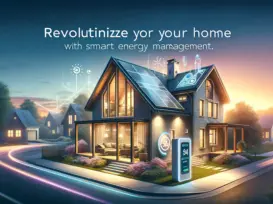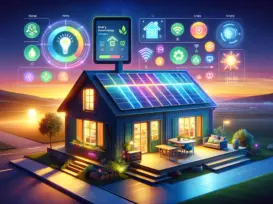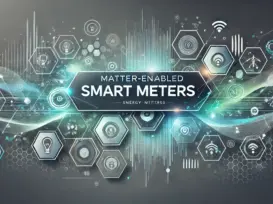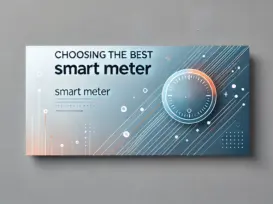Grus Home Energy - Renewable Energy Integration
Maximizing Renewable Energy Integration for a Sustainable Future
Renewable energy integration is a critical component of transitioning to a more sustainable and environmentally friendly future. With the growing concerns about climate change and the need to reduce our reliance on fossil fuels, integrating renewable energy sources such as solar, wind, and hydropower into our energy systems is essential.
One of the key challenges in maximizing renewable energy integration is the variability of these energy sources. Unlike traditional fossil fuels, renewable energy sources are dependent on natural factors such as sunlight, wind, and water flow. This variability can make it difficult to ensure a reliable and consistent energy supply.
To address this challenge, advancements in energy storage technologies have played a vital role in enabling greater integration of renewable energy sources. Energy storage systems such as batteries and pumped hydro storage allow excess energy generated during peak production times to be stored for use during periods of low renewable energy generation. This helps stabilize the grid and ensure a steady energy supply even when renewable sources are not producing at full capacity.
In addition to energy storage, smart grid technologies are also instrumental in optimizing renewable energy integration. Smart grids enable more efficient management of energy distribution by integrating real-time data on energy production and consumption. This allows for better coordination of energy supply and demand, leading to a more reliable and resilient energy system.
Policy incentives and regulations are also critical in driving renewable energy integration. Governments around the world are implementing measures such as feed-in tariffs, renewable portfolio standards, and tax incentives to encourage the adoption of renewable energy sources. These policies help create a favorable market environment for renewable energy development and incentivize investment in clean energy technologies.
Furthermore, collaboration between different stakeholders in the energy sector is essential for maximizing renewable energy integration. Utilities, energy providers, regulators, and consumers must work together to develop innovative solutions and strategies for integrating renewable energy sources into the grid. By fostering partnerships and cooperation, the energy industry can overcome challenges and accelerate the transition to a more sustainable energy future.
In conclusion, maximizing renewable energy integration is crucial for achieving a sustainable and low-carbon energy system. By leveraging energy storage technologies, smart grid solutions, policy incentives, and collaborative efforts, we can overcome the challenges associated with renewable energy variability and create a more resilient and efficient energy system. With continued innovation and commitment to clean energy, we can pave the way for a greener and more sustainable future for generations to come.
Blog, Smart Home Automation , February 14, 2024 , Energy Consumption Monitoring, Energy Efficiency Improvements, HEMS, Home Energy Automation, Home Energy Management Systems, IoT Home Energy, Reduce Energy Costs Home, Renewable Energy Integration, Smart Energy Solutions, Smart Home Technology, Sustainable Home Energy
Blog, Tech Insights & Industry Trends , December 2, 2024 , energy efficiency solutions, Home Energy Tracking, Matter protocol for energy, Matter-enabled smart meters, real-time energy monitoring, Renewable Energy Integration, smart energy devices, smart meters with Matter, sustainable energy systems
©2025 All Rights Reserved. Grus IoT Co.,Ltd.



